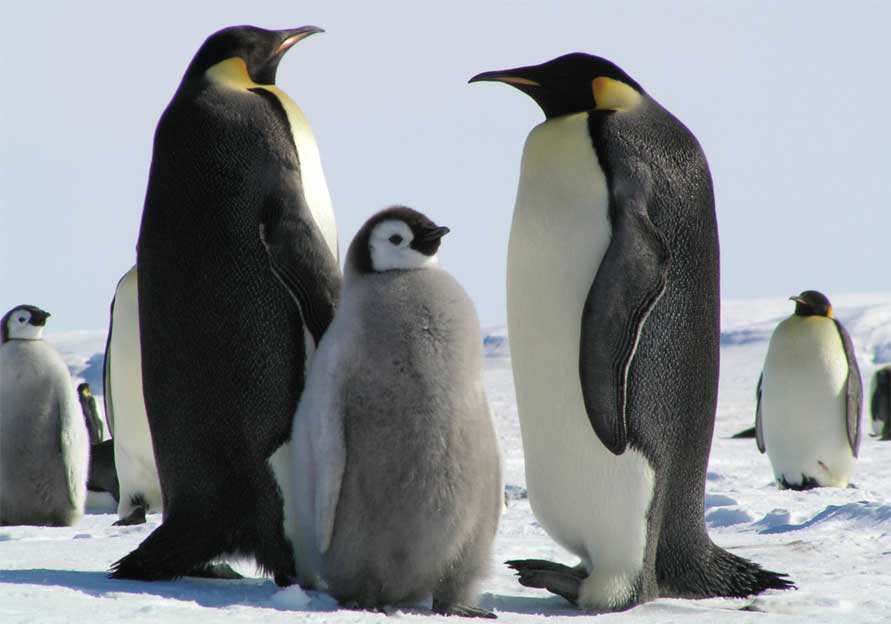 A new collaboration between Federation University Australia, the Australian Antarctic Division (AAD) and the University of Western Australia will begin studying the health of Antarctic seabirds using samples collected over the past two decades by AAD. The project is funded through an Australian Antarctic Science Grant from AAD and the Australian Federal Government.
A new collaboration between Federation University Australia, the Australian Antarctic Division (AAD) and the University of Western Australia will begin studying the health of Antarctic seabirds using samples collected over the past two decades by AAD. The project is funded through an Australian Antarctic Science Grant from AAD and the Australian Federal Government.
The project, led by Dr Meagan Dewar of Federation University, will focus on examining the prevalence of pathogens in seabirds using historical faecal samples collected by AAD over 20 years. This project is focusing on eight seabird species, including Adelie and Emperor Penguins, Snow, Cape and Antarctic Petrels, South Polar Skuas and Southern Fulmars, within the Australian Antarctic Territory.
The grant will help EG-BAMM achieve a number of its key objectives, including:
- Obtaining a baseline for the presence and prevalence of pathogens in Antarctic wildlife;
- Gaining knowledge on the types of pathogens present in Antarctic wildlife;
- Discovering whether migratory species act as vectors for disease in Antarctica.
The project will also help understand the impacts of human activity on bird health and vice versa. External pollutants, carried on ocean currents and through atmospheric circulation, can affect the health of Antarctic seabirds and their ability to fight off disease. Scientists working with the seabirds can also affect and be affected by the birds they work with. Identifying the sources of pathogens will help determine whether behavioural changes can reduce risks to both birds and researchers.
